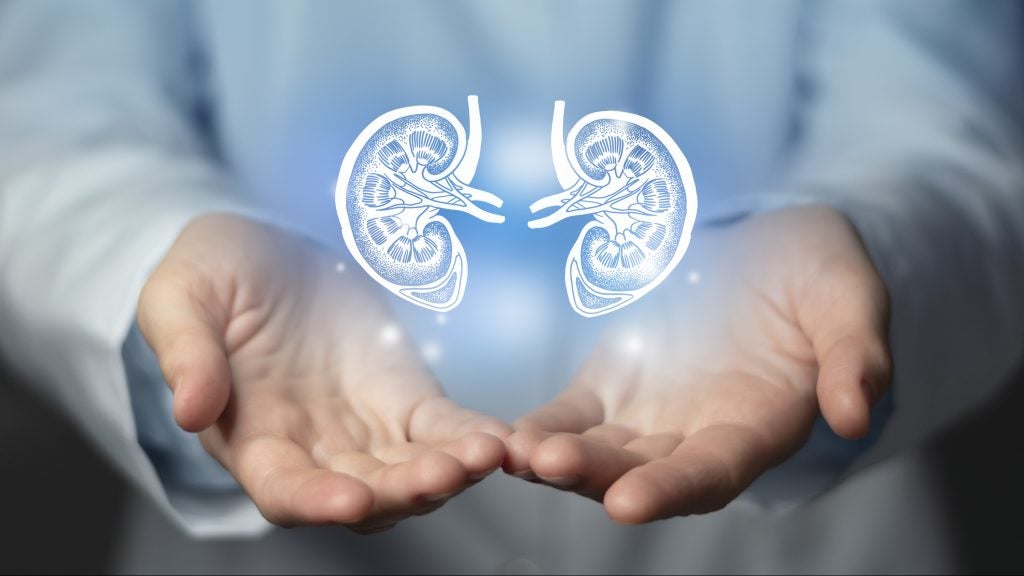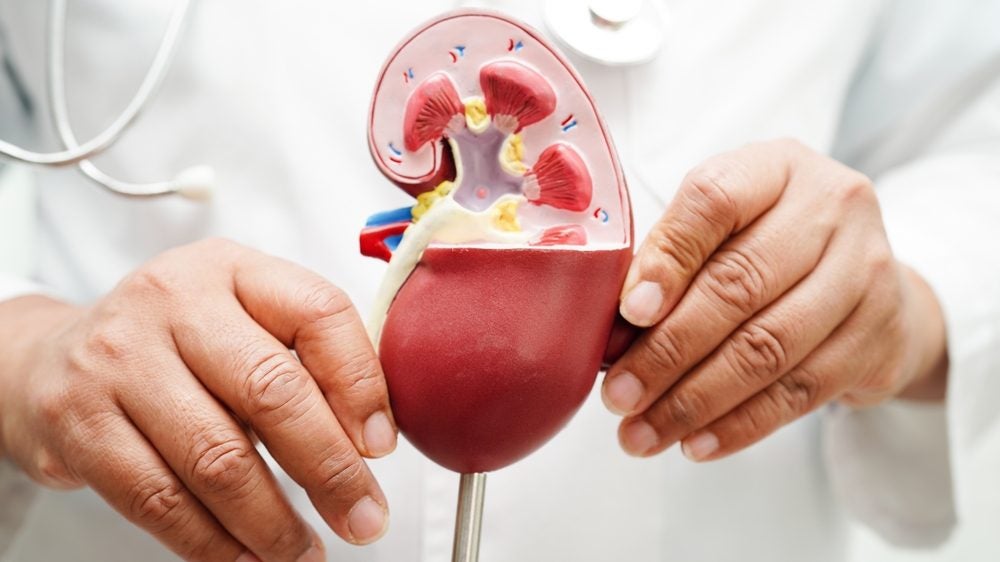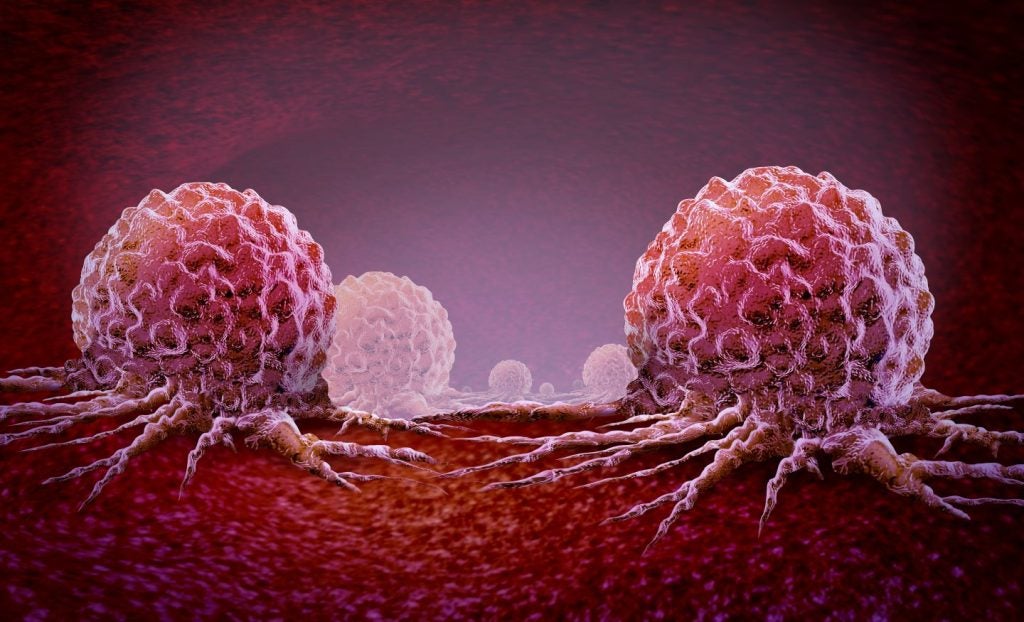Calliditas has announced additional positive results from the Phase III NeflgArd clinical trial investigating Nefecon to treat patients with primary IgA nephropathy (IgAN).
The Phase III double-blind, randomised NeflgArd study (NCT03643965) assessed the impact of Nefecon, a novel targeted-release formulation of budesonide, versus placebo on estimated glomerular filtration rate (eGFR) in adults with IgAN.
The results were presented at the American Society of Nephrology’s (ASN) Kidney Week in Philadelphia, US, on 1-5 November 2023.
The results showed a statistically significant smaller proportion of patients with a 30% eGFR reduction in the Nefecon group, along with delayed progression to a confirmed 30% eGFR reduction.
The NeflgArd sub-analysis in 62 Chinese patients found a 66% reduction in renal function deterioration over two years and a 31% greater reduction in urine protein creatinine ratio in Nefecon-treated patients. Additionally, fewer Nefecon-treated patients displayed microhaematuria.
The treatment indicated a disease-modifying effect at the site of IgA synthesis, with serum samples showing that Nefecon modulates serum biomarkers associated with proteins involved in the immune system. The drug reduced circulating anti-gliadin and anti-casein IgA antibodies, suggesting a local disease-modifying effect.
The US Food and Drug Administration (FDA) granted Nefecon accelerated approval in December 2021 to reduce proteinuria, which is a high level of protein in the urine, in adults with primary IgAN and a risk of rapid disease progression.
To obtain full approval from the FDA, the company submitted a supplemental new drug application in June 2023, based on the full NefIgArd study data. The trial met its primary endpoint in August.
Calliditas chief medical officer Richard Philipson said: "The additional analyses of data from the NeflgArd Phase III trial that we and our scientific collaborators presented at ASN Kidney Week showcased our commitment to advancing the science in understanding IgA nephropathy and to shaping a better future for patients with rare diseases."
















